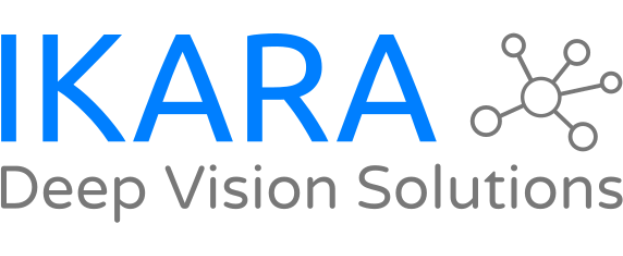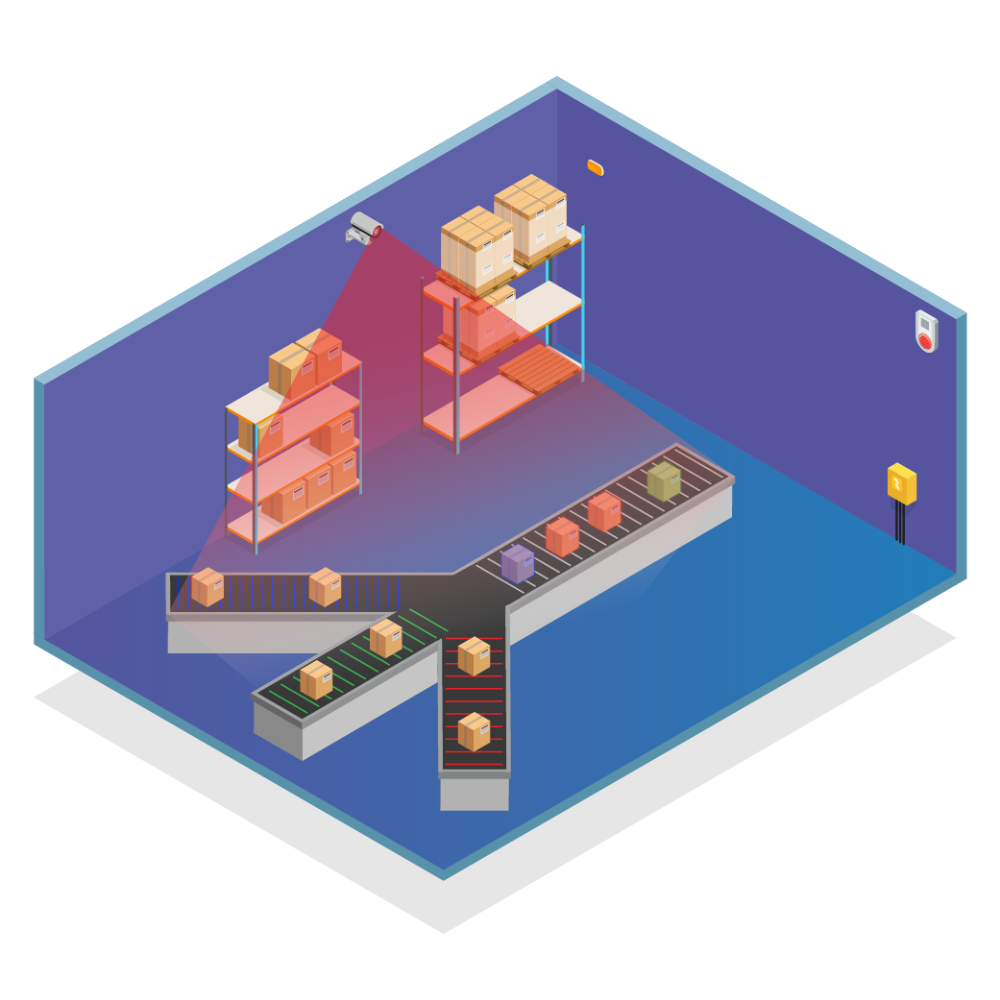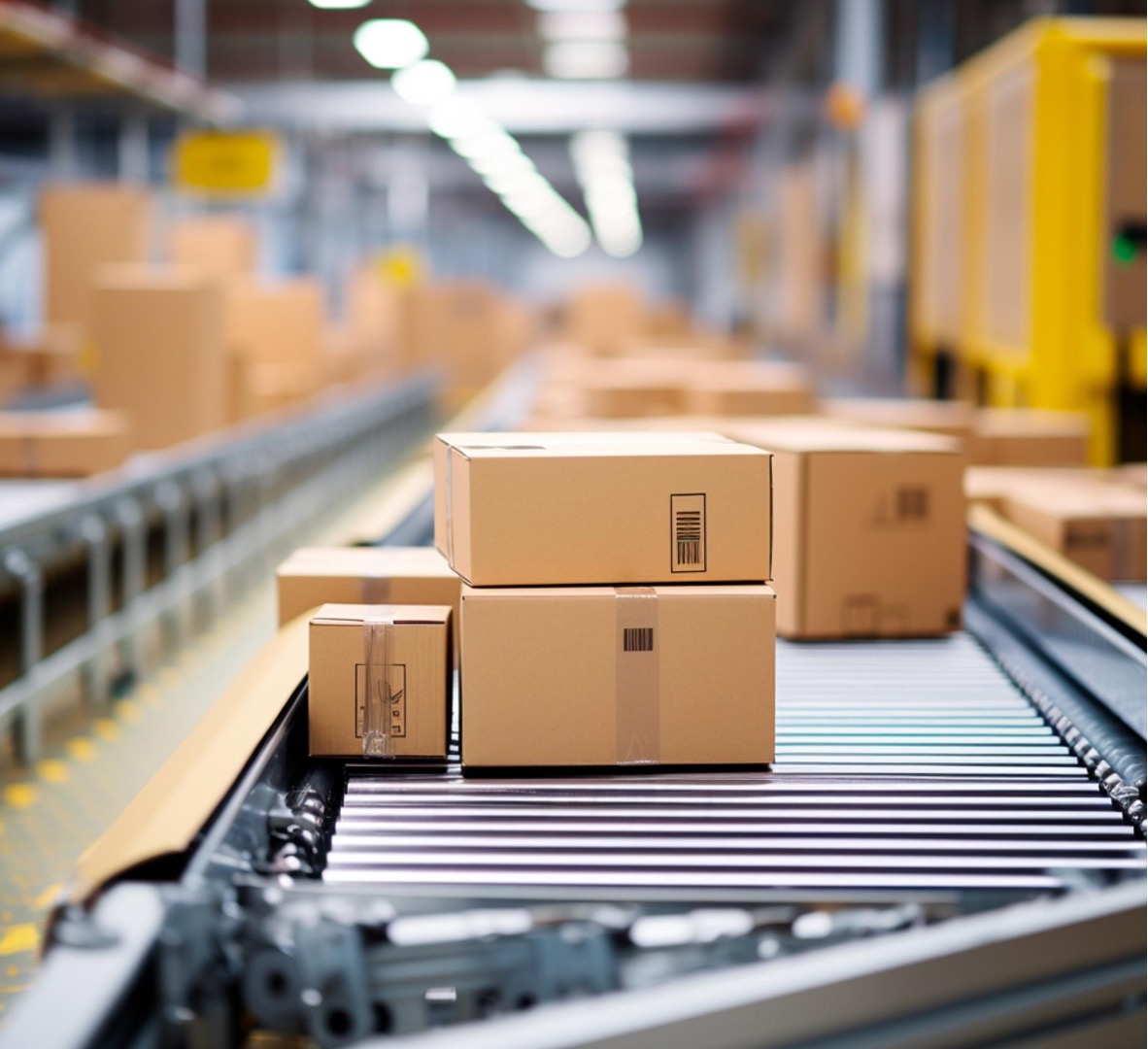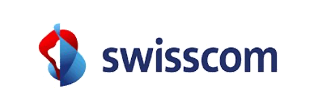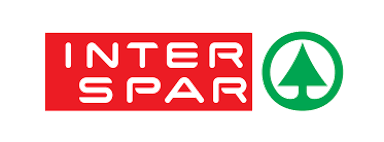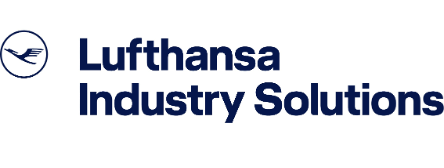Optimized processes & resources
The logistics industry can be revolutionized through automated scanning based on deep learning. With this technology, barcodes, QR codes, and labels can be processed with unmatched accuracy. This eliminates human errors, leading to more efficient sorting and tracking of shipments.
Especially during peak times, automated scanning enables faster processing of high shipment volumes. This optimization not only improves efficiency but also reduces costs, allowing companies to make their logistics processes more cost-effective.
How it works
The analysis of shipments involves several crucial steps that ensure precise and efficient processing. Zu Beginn erfolgt die Erkennung und das Zählen von Objekten, gefolgt von einem automatisierten Scannen der Codes auf den Waren. These steps are essential to ensure that each shipment is correctly recorded and processed.
Your advantages at a glance
Our expertise in
numbers and votes
Specialists
Years
Servers used
Analyzed cameras
Other providers with glossy brochures, they go around for two years, don’t get it right, and IKARA is up and running after three weeks.
Manuel Peter - Head of Department REWE Logistics
Andere Anbieter mit Hochglanzbroschüren, macht zwei Jahre lang rum, kriegt es nicht hin, und IKARA ist nach drei Wochen am Start.
Manuel Peter - Abteilungsleiter REWE Logistik
I’ve been waiting for this for decades. You inspire me.
Filip Pax - Director Process Engineering DHL Aviation
Darauf habe ich seit Jahrzehnten gewartet. Sie begeistern mich.
Filip Pax - Director Process Engineering DHL Aviation
IKARA has successfully implemented our strategically important lighthouse project of OEPE time measurement in McDrive Digital 21 with excellent results.
Christian Schröder - Senior Director Operations McDonald’s Deutschland LLC
IKARA hat unser strategisch wichtiges Leuchtturmprojekt der OEPE-Zeitmessung in McDrive Digital 21 erfolgreich und mit hervorragenden Ergebnissen umgesetzt.
Christian Schröder - Senior Director Operations McDonald’s Deutschland LLC
IKARA is one of the leading independent software vendors in the DACH region, specializing in the creation of enterprise software.
Volker Meschonat - Smart Cities NVIDIA
IKARA ist einer der führenden Independent Software Vendors in der DACH-Region, der sich auf die Erstellung von Unternehmenssoftware spezialisiert hat.
Volker Meschonat - Smart Cities NVIDIA

Deployment at
key locations in the industry
System requirements
for the installation
Linux-Requirements
The installation requires a Linux distribution (e.g., Ubuntu 18.04 or newer, Linux Mint 18 or newer) with the following installed packages:
- Docker Engine (20.10.x or newer)
- Docker Compose (1.28.0 or newer)
- Nvidia Container Toolkit (1.5.0 or newer)
Server-Requirements
- CPU: 8-Core-CPU (e.g. Intel Core i7-9700K)
- RAM: 32 GB
- GPU: Nvidia RTX4000 or RTXA4000 (suitable for 4 streams)
If you wish, you can purchase a suitable server with installed software directly from us.
